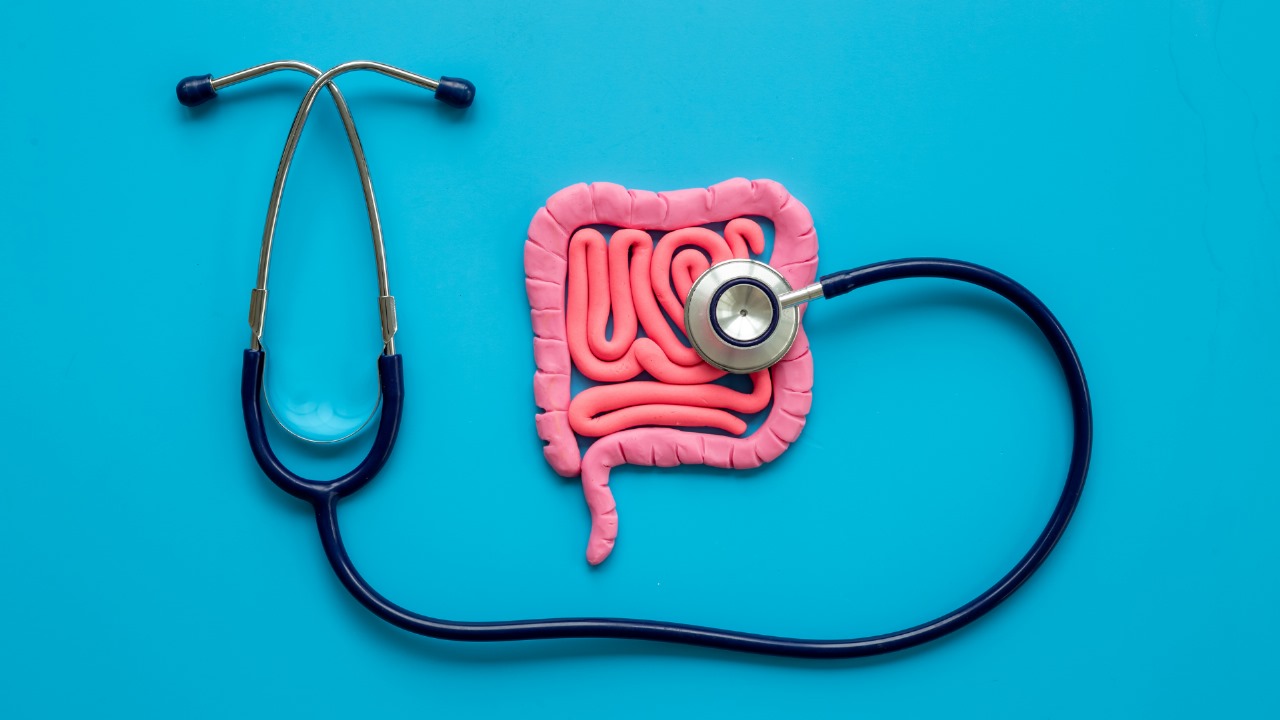
Colon cancer, traditionally associated with older adults, is increasingly being diagnosed in younger people. Early detection and timely medical intervention are crucial for better outcomes. This article identifies five red-flag symptoms of colon cancer in younger individuals, underscores the reasons not to delay seeking medical advice, explores prevention strategies, and outlines current treatment options.
Five Red-Flag Symptoms of Colon Cancer in Younger People
1. Persistent Changes in Bowel Habits
- Description: This includes diarrhea, constipation, or a change in stool consistency
that lasts for more than a few weeks. - Significance: Sudden and persistent changes in bowel habits can be an early
indicator of colon cancer, signaling a potential obstruction or altered colon
function.
2. Rectal Bleeding or Blood in Stool
- Description: Visible blood in the stool or on toilet paper can range from bright red to
dark maroon. - Significance: Bleeding from the rectum or blood in the stool is a significant red flag
that warrants immediate medical evaluation to rule out serious conditions,
including colon cancer.
3. Abdominal Pain or Cramping
- Description: Unexplained and persistent abdominal discomfort, cramps, or pain.
- Significance: Persistent abdominal pain, especially if accompanied by other
symptoms, could indicate a tumor in the colon that is causing obstruction or
inflammation.
4. Unintended Weight Loss
- Description: Significant and unexplained weight loss over a short period.
- Significance: Weight loss without a clear cause can be a sign of many cancers,
including colon cancer, as the body's metabolism changes due to the presence of a
tumor.
5. Fatigue and Weakness
- Description: Persistent tiredness and weakness that do not improve with rest.
- Significance: Chronic fatigue can result from anemia caused by slow bleeding in
the colon, which may go unnoticed but significantly affects overall energy levels.
Reasons Not to Delay Seeking Medical Advice
EARLY DETECTION IMPROVES PROGNOSIS
Fact: Early-stage colon cancer is more treatable and has a significantly higher survival rate
than advanced stages.
Action: Seeking medical advice at the first sign of symptoms can lead to early detection,
improving the chances of successful treatment.
PREVENTING COMPLICATIONS
Fact: Delaying medical evaluation can allow the cancer to grow and spread, leading to
complications such as bowel obstruction or perforation.
Action: Early intervention can prevent these serious complications and reduce the need
for more extensive and invasive treatments.
MINIMIZING TREATMENT INTENSITY
Fact: Advanced colon cancer often requires more aggressive treatment, including
extensive surgery, chemotherapy, and radiation.
Action: Early diagnosis typically allows for less aggressive treatment, reducing side effects
and recovery time.
REDUCING ANXIETY AND UNCERTAINTY
Fact: Knowing your health status can alleviate anxiety and stress associated with
uncertainty about symptoms.
Action: Timely medical consultation provides clarity and allows for immediate action,
whether it's beginning treatment or ruling out serious conditions.
LEVERAGING SUPPORT SYSTEMS
Fact: Early diagnosis allows more time to arrange support from family, friends, and
healthcare providers.
Action: Early engagement with support networks can enhance emotional well-being and
provide practical assistance during treatment.
Preventing Colon Cancer
MAINTAIN A HEALTHY DIET
Recommendation: Eat a diet high in fruits, vegetables, whole grains, and lean proteins
while reducing red and processed meat intake.
Evidence: Diets rich in fiber and low in saturated fats are associated with a lower risk of
colon cancer.
REGULAR PHYSICAL ACTIVITY
Recommendation: Engage in at least 150 minutes of moderate-intensity exercise per
week.
Evidence: Regular physical activity helps maintain a healthy weight and reduces
inflammation and insulin resistance, lowering cancer risk.
AVOID TOBACCO AND LIMIT ALCOHOL
Recommendation: Avoid smoking and limit alcohol consumption to moderate levels.
Evidence: Tobacco and excessive alcohol use are linked to increased risks of several
cancers, including colon cancer.
SCREENING AND SURVEILLANCE
Recommendation: Begin regular screening at age 45 or earlier if you have a family history
of colon cancer or other risk factors.
Evidence: Regular screening, such as colonoscopies, can detect precancerous polyps,
which can be removed before they develop into cancer.
MAINTAIN A HEALTHY WEIGHT
Recommendation: Aim to achieve and maintain a healthy body weight through balanced
diet and regular exercise.
Evidence: Obesity is a known risk factor for colon cancer, making weight management
crucial for prevention.
Treating Colon Cancer
SURGERY
Procedure: Surgical removal of the tumor and affected sections of the colon is the primary
treatment for localized colon cancer.
Types: Options include partial colectomy, laparoscopic surgery, or robotic-assisted
surgery, depending on the cancer's location and stage.
CHEMOTHERAPY
Purpose: Used to kill cancer cells that may remain after surgery or to shrink tumors before
surgery.
Application: Often recommended for advanced stages or when the cancer has spread to
lymph nodes.
RADIATION THERAPY
Purpose: Uses high-energy rays to target and kill cancer cells, often used in conjunction
with surgery and chemotherapy.
Application: Primarily used for rectal cancer, which is a subtype of colorectal cancer.
TARGETED THERAPY
Purpose: Involves drugs that target specific molecules involved in cancer growth and
spread.
Application: Effective for cancers with specific genetic mutations; often combined with
other treatments.
IMMUNOTHERAPY
Purpose: Utilizes the body's immune system to recognize and attack cancer cells.
Application: Suitable for certain types of colon cancer with specific genetic markers,
particularly in advanced or recurrent cases.
LIFESTYLE AND SUPPORTIVE CARE
Purpose: Supports overall health and quality of life during and after treatment.
Application: Includes nutritional support, physical rehabilitation, and psychological
counseling to manage side effects and improve well-being.
Colon cancer in younger people is a growing concern that requires awareness of key
symptoms and prompt medical attention. Preventive measures, including a healthy lifestyle
and regular screenings, are crucial in reducing risk. For those diagnosed with colon cancer,
a combination of surgical, medical, and supportive treatments offers the best chance for a
cure and long-term survival. Early detection and proactive management are vital in the fight
against this disease.



